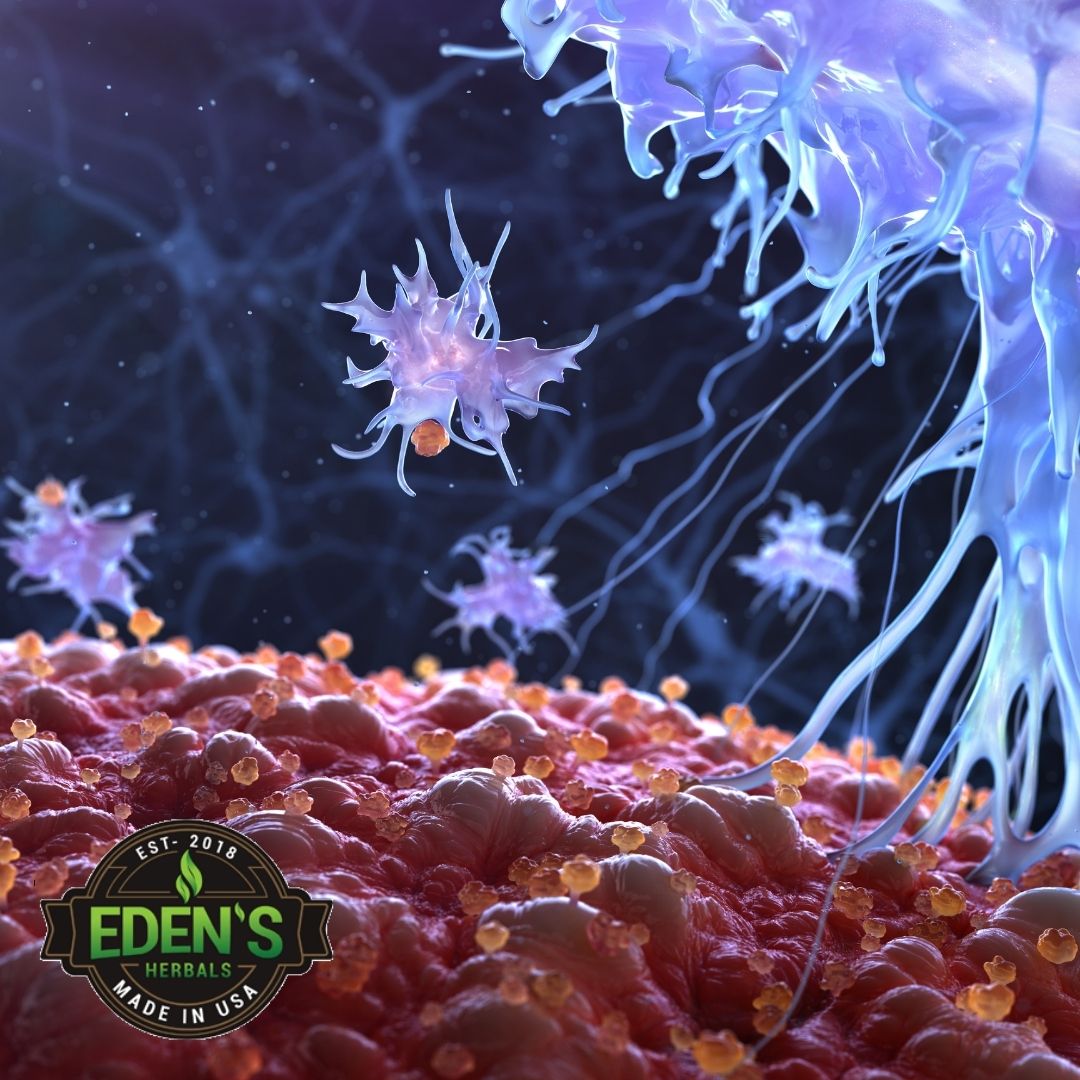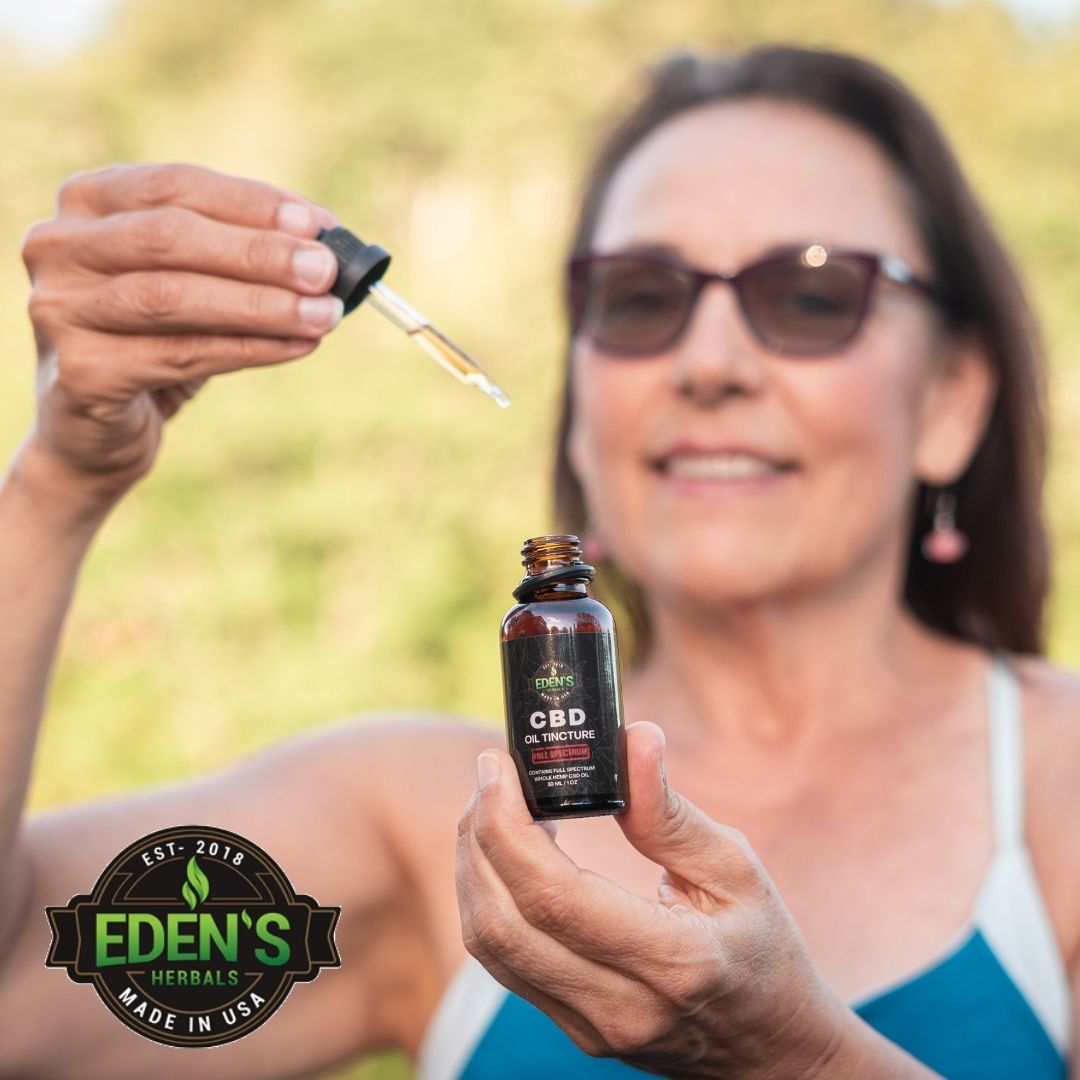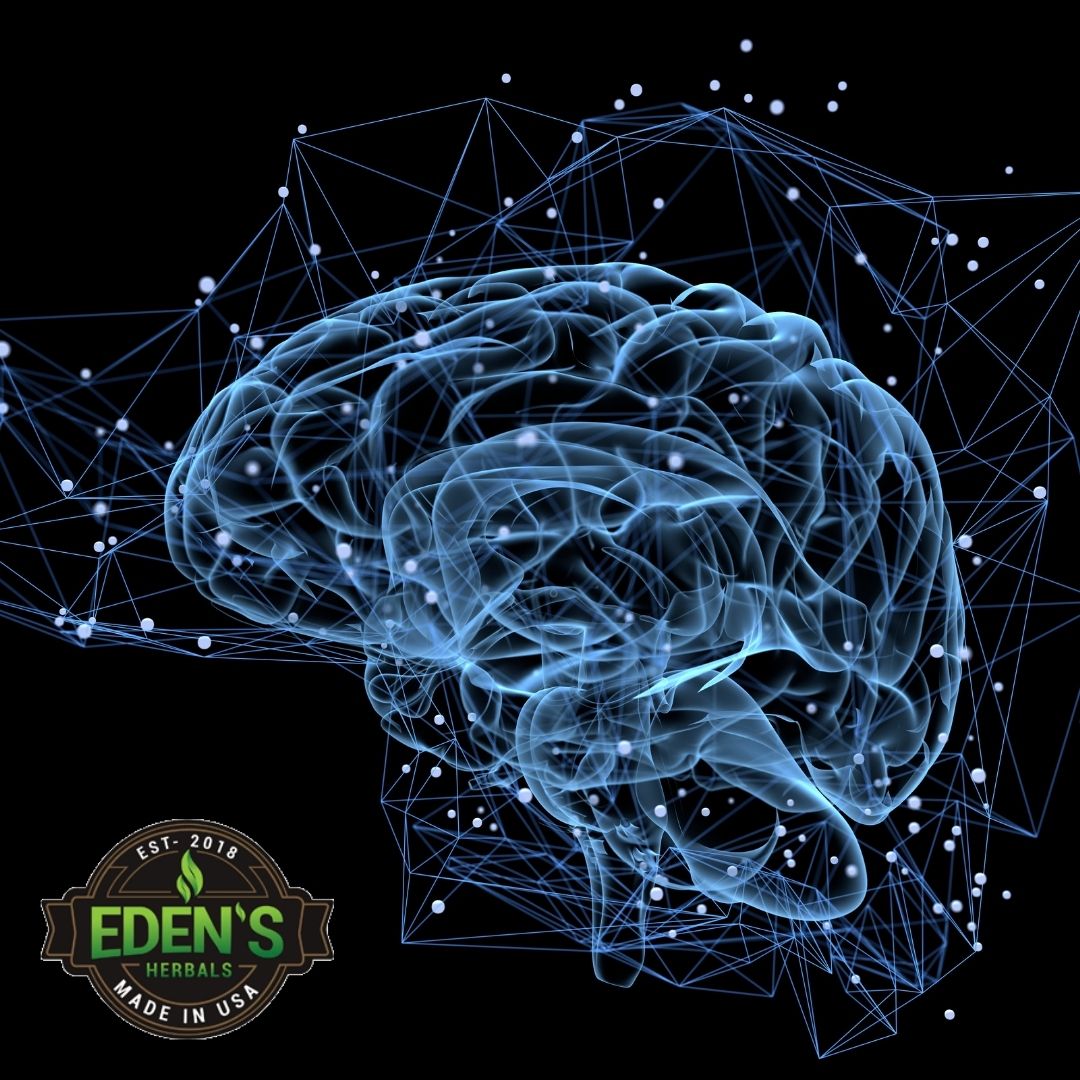 The past eighteen months have been dominated by the COVID-19 pandemic. It has sickened hundreds of millions, killed millions, and created havoc amongst the world. Much is known about the disease, including many ways to treat and prevent it. While there is far more that we don't know, there is a slew of ongoing research into this disease.
The past eighteen months have been dominated by the COVID-19 pandemic. It has sickened hundreds of millions, killed millions, and created havoc amongst the world. Much is known about the disease, including many ways to treat and prevent it. While there is far more that we don't know, there is a slew of ongoing research into this disease.
A November 2020 made a fascinating hypothesis. Arguing that CBD may be able to limit both the "severity and progression" of COVID. If this hypothesis is proven true, that would mean that CBD could potentially be used as a treatment for people who have contracted COVID.
To be clear, this hypothesis is still in its initial stages. However, the authors make clear in their article, it is backed by some well-established science and based on what has already been discovered about CBD.
How could CBD help limit the severity of COVID?
One of the biggest problems with COVID is the cytokine storm. The cytokine storm is when your body responds to an injury. It rushes inflammatory cytokines to the site of that injury. This is a response to that injury and is meant to treat it.
Unfortunately, in some instances, this results in an overproduction of cytokines. When that happens, your body is at risk for internal damage. Organ damage can result in serious injury or death. This death often occurs by Acute Respiratory Distress Syndrome (ARDS). ARDS has been linked to many COVID deaths.
 Stopping this cytokine storm has been thought to be critical to saving the life of someone with COVID. This is where CBD may come in. The theory is that CBD may be able to stop this storm, by controlling inflammation when it first occurs.
Stopping this cytokine storm has been thought to be critical to saving the life of someone with COVID. This is where CBD may come in. The theory is that CBD may be able to stop this storm, by controlling inflammation when it first occurs.
What does other research show?
There is some evidence to support this claim
Other articles have noted that high-CBD cannabidiol can limit the production of multiple enzymes. Those are specifically related to the cytokine storm. Some articles suggest that this may actually potentially limit the transmission of COVID.
If this claim is proven true, it could be groundbreaking in the fight to protect people effected by COVID.
CBD's impact on inflammation has been explored by scientists for some time. There is an array of research showing that it has anti-inflammatory properties:
These studies go back to 2009, when a paper first theorized that cannabinoids could be used as "novel anti-inflammatory drugs."
A 2019 paper reviewed available research and specifically noted that cannabinoids had an array of anti-inflammatory properties.
Multiple studies have noted that CBD had the ability to reduce pain. This specific property is believed to be tied to CBD's ability to reduce inflammation in the muscles. This can allow for people to reduce swelling and feel better.

The same anti-inflammatory properties are believed to contribute to CBD's potential ability to treat many skin conditions including:
-eczema
-acne
-psoriasis
CBD is thought by some to be helpful for the treatment of depression, Alzheimer's and dementia, and this may be tied specifically to its ability to reduce inflammation in the brain.
Can CBD help reduce inflammation?
The type of inflammation that treats muscle soreness and skin disorders is unquestionably different than the type of inflammation that may result in multi-organ failure, but the basic principles behind both are the same.
CBD can reduce inflammation and create multiple positive effects on the human body, as well as promote healthy living. It may follow that it can help individuals who are suffering from COVID.
What questions remain?
 It is important to note that the referenced paper is only a hypothesis. It relies on previously conducted research and takes that information to an appropriate conclusion. However, it is still just a hypothesis, and there is no definitive proof - as of yet - that COVID can be treated with CBD.
It is important to note that the referenced paper is only a hypothesis. It relies on previously conducted research and takes that information to an appropriate conclusion. However, it is still just a hypothesis, and there is no definitive proof - as of yet - that COVID can be treated with CBD.
It is also worth noting that the article repeatedly refers to "high-CBD" cannabidiol. This may be a different strength than what is commercially available on the market.
Remember, CBD is a cannabinoid that is found in cannabidiol. As such, for this claim to be confirmed by scientific research, a specific determination must be made about what level of CBD is necessary for individuals with COVID to obtain a medical benefit from CBD.
So, if I have COVID, should I start taking CBD?
Not without talking to a doctor.
To be clear, this information makes it clear that CBD has the potential to limit COVID's severity. However, that doesn't mean that you should immediately take CBD if you have COVID. Similar risks of CBD - including negative drug interactions - are still present.
As such, don't take any new medication without first speaking with your doctor about your own medical situation and the potential risks of CBD.
Furthermore, if you do decide to start taking CBD, make sure you only use a high-quality vendor that offers a third-party analysis of their CBD products. Unfortunately, some vendors lie about the amount of CBD and THC in their products.
How much CBD should I take?
 CBD levels are critical in the potential treatment of COVID in a cannabidiol product. Make sure that the vendor you purchase CBD from offers this Certificate of Analysis. This confirms what is in the CBD they are consuming.
CBD levels are critical in the potential treatment of COVID in a cannabidiol product. Make sure that the vendor you purchase CBD from offers this Certificate of Analysis. This confirms what is in the CBD they are consuming.
Final Thoughts
This above article may be only a hypothesis, but it is certainly a hopeful one. More research is needed before definitive conclusions can be drawn, and now, the United States Food & Drug Administration has only approved CBD-based drugs for one prescription medication.
If you would like to learn more about this new study on CBD and COVID, contact Eden's Herbals at support@edensherbals.com
*These statements have not been evaluated or approved by the Food and Drug Administration and are not intended to diagnose, treat or cure any illness. Medical advice should be taken from a medical professional.
All of the articles on this site are written by 3rd party content providers, expert bloggers or doctors not directly affiliated with Eden's Herbals.
Individuals should learn the risks and side effects prior to taking CBD. Make sure to always check with a medical professional before starting any new CBD treatment or medication that is not FDA approved.


